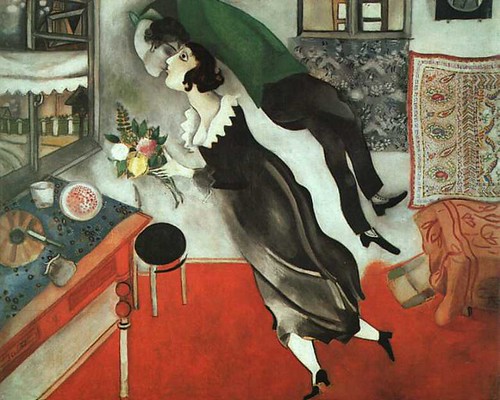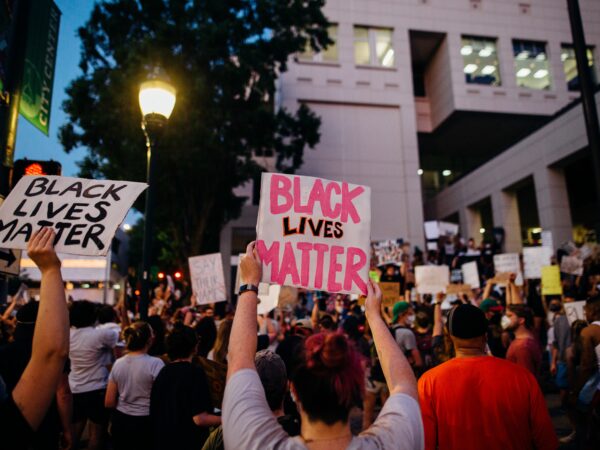
As the Catholic Worker movement confronts anti-Black racism more earnestly, questions arise about whether taking an active anti-racism stance can be reconciled with Catholic Worker anarchism, specifically when dealing with the state.

Joseph’s claim that it was God who engineered the situation for good is indicative of a person, or at least a narrative character, who has experienced healing over time, away from his abusers. He has reframed his narrative to better suit how he sees himself and his world now, a world where he has power.
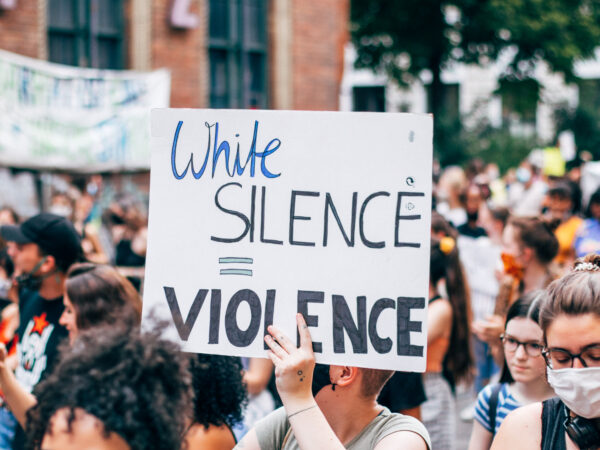
Catholic Worker practices of living among and listening closely to the voices of the most marginalized in our society, as well as its radical political analysis and dedication to ongoing clarification of thought in the form of anti-racism training, have motivated Catholic Workers to act against police violence towards People of Color.

I interpret the questions put to my political economic approach like this: While Tran’s racial capitalist emphasis on structures and systems seems mostly correct, rightly deflating individualists/personalist (“identarian” as I say in the book) accounts of racism and accordingly moving the conversation forward, it misses something crucial.
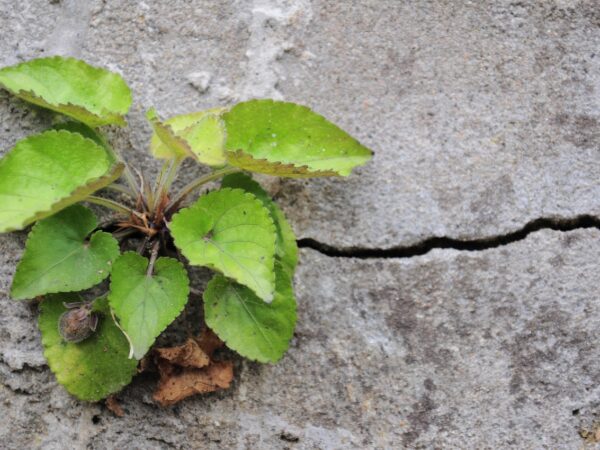
Native survivance, in [Gerald] Vizenor’s parlance, is a combination of the words “survival” and “resistance,” and it “creates a sense of presence.” According to him, “The suffix -ance designates a condition, a nature, or a quality that is more than a mere description of survival.”
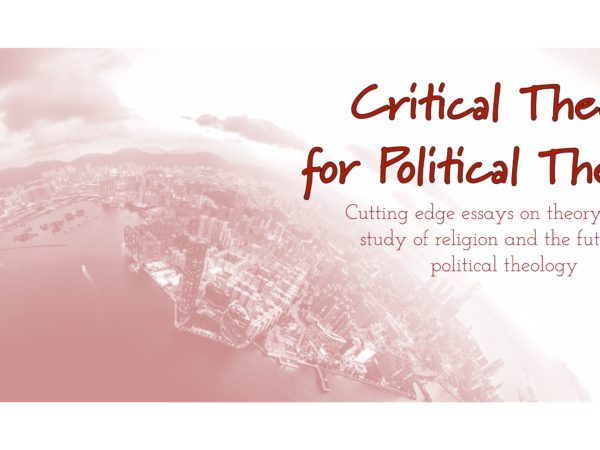
We launched this series to make available theoretical resources that keep pace with the concerns raised by those working with political theology today, whose interests are increasingly tied not only to questions of genealogy, speculation, and political modernity, but also to questions of race, colonialism, gender, sexuality, disability, ecology, labor, finance capitalism, and economies of affect.



